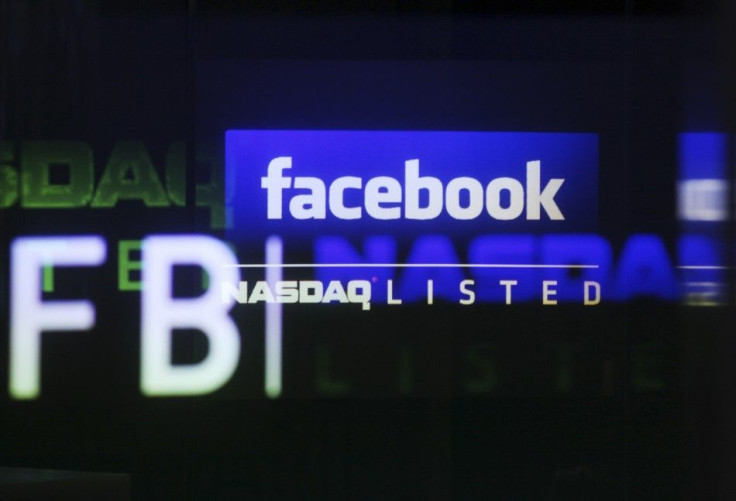Facebook Shares Plunge To New Lows

Shares of Facebook (Nasdaq: FB), the No. 1 social network, fell nearly 10 percent to a new low Tuesday following the company's $16 billion May 17 initial public offering. As well, Facebook options started trading in Chicago for the first time.
Before closing at $28.84, down $3.07 or 9.6 percent, Facebook shares set a new post-IPO low of $28.65. Underwriters led by Morgan Stanley (NYSE: FB) priced Facebook at $38. Its first public trade May 18 was at $42.05.
Facebook options may have helped send the shares down. Mid-day options for Facebook were at $29.44 on the Reuters system. Puts or sell options far exceeded call or buy options.
The Menlo Park, Calif., company has been hit by a dozen class action lawsuits alleging misleading information about its earnings prospects filed in U.S. District Courts in New York, San Francisco and San Diego.
Facebook hasn't responded to any of them yet in court. As well, the company hasn't responded to speculation it may seek to acquire a smartphone maker such as Canada's Research in Motion (Nasdaq: RIMM), Finland's Nokia (NYSE: NOK) or a browser like Opera Software (PINK: OPFSF) of Norway, whose American Depositary Shares jumped 20 percent to $7.30 on Tuesday.
Two new analyst calls were published for Facebook, the biggest IPO for an Internet stock and the second-largest ever in the U.S.Analyst James Lee of CLSA ratedit a buy as did Michael Pachter of Wedbush Securities. Of 10 analyst calls carried by Reuters, half rated Facebook either a buy or outperform or net positive, with one sell, one neutral, and one fair value.
By law, analysts for the 33 Facebook underwriters may not publish recommendations for 40 days after the IPO.
The value of Facebook now has dipped to only $61.6 billion from $105 billion on May 18. The entire IPO process is under examination by the U.S. Securities and Exchange Commission, the U.S. Congress, the Commodity Futures Trading Commission, the Financial Industry Regulatory Authority and other regulators.
© Copyright IBTimes 2025. All rights reserved.






















